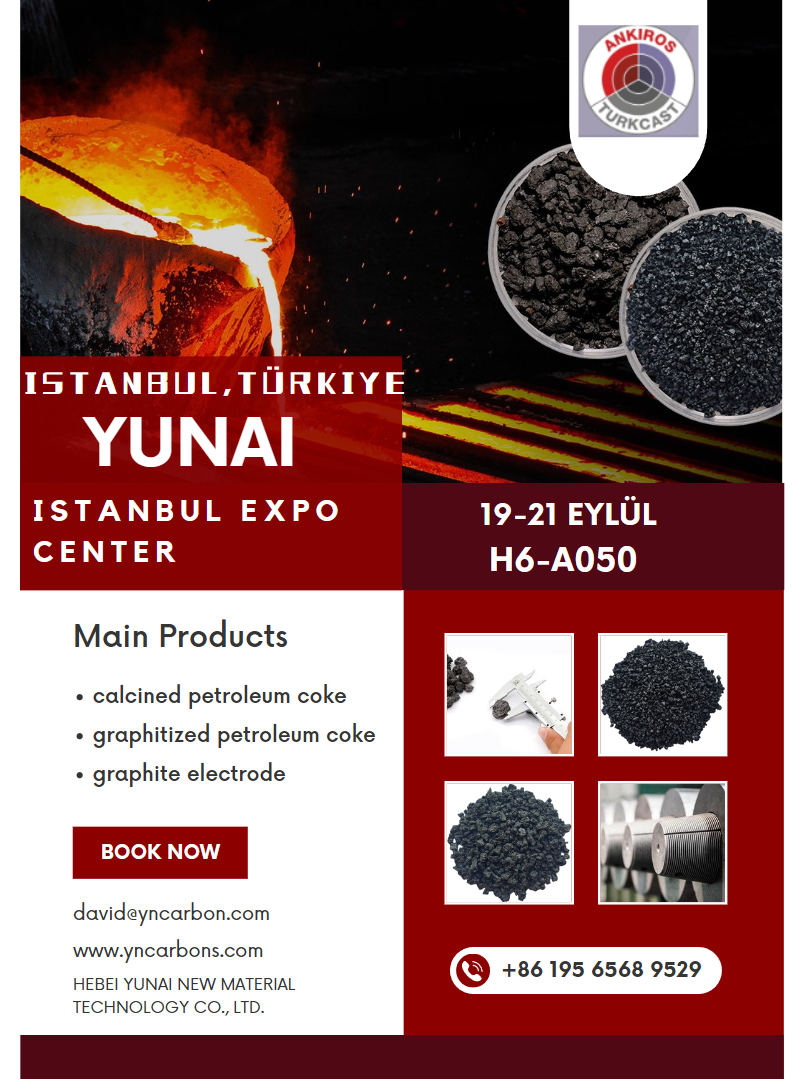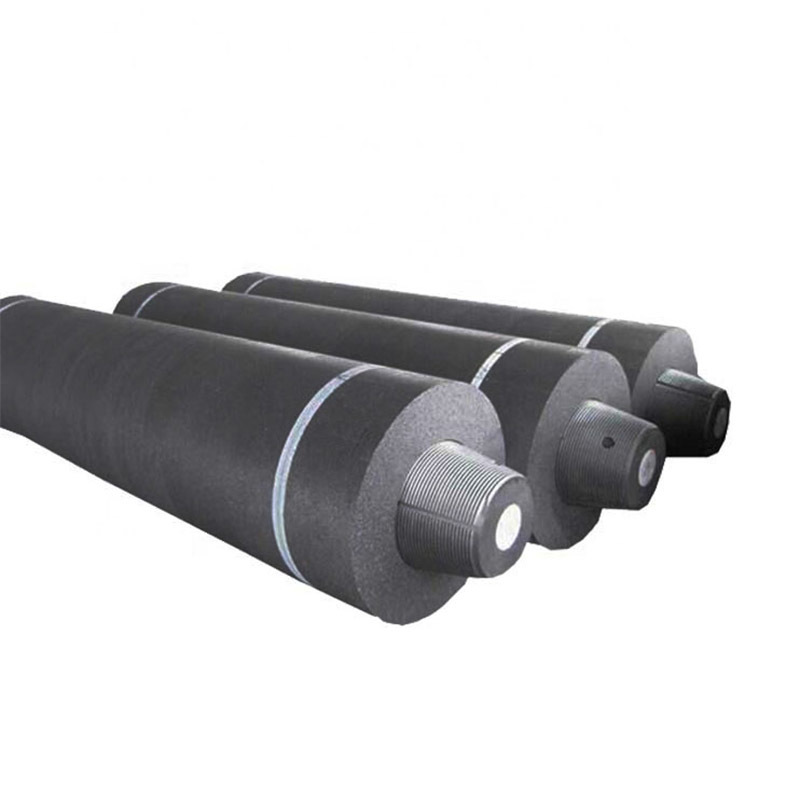The Ins and Outs of Calcined Petroleum Coke: A Comprehensive Guide
Release Time:
Jun 23,2025
Discover everything you need to know about Calcined Petroleum Coke, its uses, and significance in various industries.
What is Calcined Petroleum Coke?
So, you might be wondering, what’s the big deal with Calcined Petroleum Coke? Well, let’s break it down! Calcined Petroleum Coke, or CPC for short, is a highly valuable product derived from the thermal treatment of green petroleum coke. It’s like the refined cousin of regular petroleum coke, boasting a higher carbon content and fewer impurities. This makes CPC a hot commodity in several industries, particularly in aluminum production and the manufacturing of electrodes.
The Production Process: How is CPC Made?
To understand the significance of Calcined Petroleum Coke, it’s essential to grasp how it’s produced. The process begins with green petroleum coke, which is obtained from the oil refining process. This raw material is then subjected to high temperatures—around 1200 to 1500 degrees Celsius—in a rotary kiln or a calciner. During this thermal treatment, volatile components are expelled, resulting in a solid, dense material rich in carbon. Voila! You’ve got Calcined Petroleum Coke.
Why Calcined Petroleum Coke is Important
Now, why should you care about this black gold? Well, CPC plays a crucial role in various industries:
- Aluminum Production: It serves as a primary source of carbon in the aluminum smelting process, acting as an anode material.
- Electrode Manufacturing: CPC is essential for producing electrodes used in electric arc furnaces for steelmaking.
- Batteries: Emerging technologies are exploring the use of CPC in battery applications, particularly in lithium-ion batteries.
The Benefits of Using CPC
Alright, let’s get down to brass tacks. Here are some benefits of using Calcined Petroleum Coke:
- High Carbon Content: With carbon content exceeding 99%, it’s an efficient source of carbon.
- Low Impurities: The calcining process reduces sulfur and other unwanted elements.
- Cost-effective: Given its broad applications, it’s a cost-effective choice for many companies.
Environmental Considerations
Let’s not beat around the bush—environmental concerns are a hot topic these days. While Calcined Petroleum Coke has its benefits, the production process can release greenhouse gases. However, many industries are working tirelessly to find ways to minimize the carbon footprint associated with CPC production. Innovations in technology and stricter regulations are paving the way for a greener future.
Applications of Calcined Petroleum Coke in Different Industries
Whether you’re in the metallurgy, battery, or even the chemical industry, Calcined Petroleum Coke is likely a part of your supply chain. Let’s take a closer look:
- Metallurgical Industry: It’s a key ingredient in the production of steel and other metals.
- Paints and Coatings: CPC is used as a pigment in paints and coatings due to its excellent stability.
- Carbon Products: It’s a significant raw material for producing various carbon products.
Future Trends in CPC Production
As we look toward the future, the demand for Calcined Petroleum Coke is expected to rise. With the increasing production of aluminum and the growing battery sector, industries are on the lookout for sustainable and efficient ways to produce CPC. This means more innovations and possibly greener production methods—exciting times ahead!
Final Thoughts
In a nutshell, Calcined Petroleum Coke is more than just a black material; it’s a cornerstone of several industrial processes. Its versatility, coupled with the ongoing push for sustainability, makes it a fascinating subject to explore. Whether you’re a seasoned professional or just a curious reader, understanding CPC can give you a leg up in various fields. So next time you hear about Calcined Petroleum Coke, you’ll know exactly what the fuss is all about!
Keywords:
More information









